Keynote Speakers
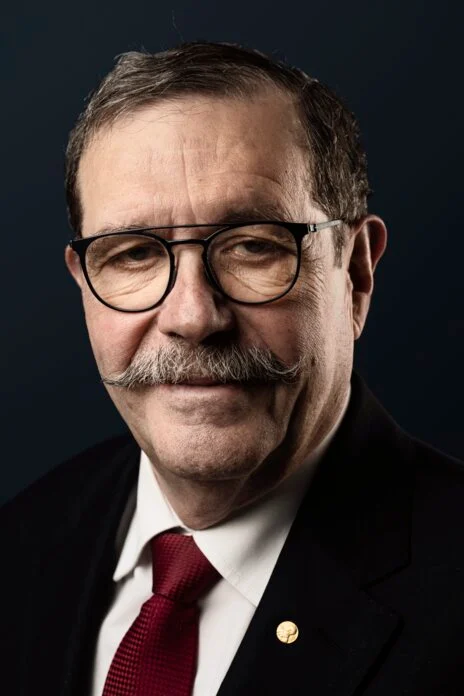
Prof. Alain ASPECT
Institut d’Optique - Université Paris-Saclay, France
Biography :
Alain Aspect is an alumnus of ENSET Cachan (now ENS Paris-Saclay) and Orsay University. He is currently Professor at the Institut d’Optique-Université Paris-Saclay and Professor at the École Polytechnique. His doctoral thesis (1983), at the Institut d’Optique, focused on experimental tests of the foundations of quantum mechanics (tests of Bell’s inequalities, for which he was awarded the 2022 Nobel Prize in Physics along with John Clauser and Anton Zeilinger). After experiments on single photons, with Philippe Grangier (1984-86), he worked on laser cooling of atoms at the Kastler Brossel laboratory of ENS Paris, with Claude Cohen-Tannoudji, Jean Dalibard and Christophe Salomon. The group he founded at the Institut d’Optique in 1993 focuses on atomic quantum optics and atomic quantum simulators with degenerate gases.
Alain Aspect is Emeritus Senior Researcher at the CNRS and a member of the Académie des Sciences, the Académie des Technologies and several foreign academies (Austria, Belgium, Italy, UK, USA).
The two quantum revolutions : from concepts to applications
The first quantum revolution, based on wave particle duality, has led to the society of information and communication. The second quantum revolution is based on entanglement. Will its applications lead to a new societal revolution?
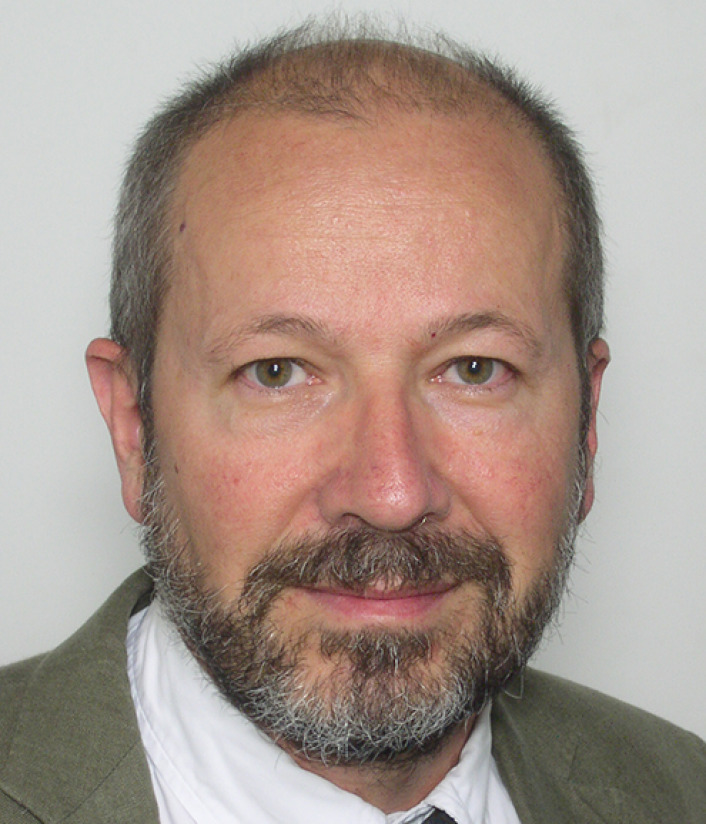
Prof. Pierre ROUCHON
Center Automatic and systems , Mines-Paris, University PSL, Member of Académie des sciences, France
Biography :
Pierre Rouchon is professor with the Centre Automatique et Systemes at Mines-Paris, Université PSL and member of Académie des Sciences. He graduated from Ecole Polytechnique in 1983, has obtained a PhD in 1990 and an “habilitation à diriger des recherches” in 2000. From 1993 to 2005, he was associated professor at Ecole Polytechnique in Applied Mathematics. From 1998 to 2002, he was the head of the Centre Automatique et Systèmes. From 2007 to 2018, he was the chair of the department “Mathématiques et Systèmes” at Mines-Paris. Since 2015, he is a member of the Quantic Research team between Inria, Ecole Normale Supérieure de Paris and Mines-Paris. His fields of interest include nonlinear control and system theory with applications to physical systems. His contributions include differential flatness and its extension to infinite dimensional systems, non-linear observers and symmetries, quantum filtering and feedback control. In 2017, he received the “Grand Prix IMT – Académie des sciences de Paris.” He is the principal investigator of the ERC Advanced Grant « Quantum Feedback Engineering » (2021-2026).
Quantum error correction and feedback.
Quantum error correction relies on a feedback loop. This feedback generally corresponds to a classical controller. Quantum error correction can also exploit the dissipation associated with the phenomenon of decoherence. Called autonomous correction by physicists, it then uses feedback where the controller is a dissipative quantum auxiliary system. This talk focuses on the development of such quantum controllers to stabilize logical qubits encoded in harmonic oscillators (bosonic code). Two types of encoding will be considered: cat-qubit encoded in two coherent states of opposite phases for which bit-flip errors induced by usual noises can be experimentally almost suppressed ; GKP-qubit encoded in finite energy grid-states approximating position/impulsion Dirac combs where, in principle, both bit-flips and phase-flips could be almost suppressed.
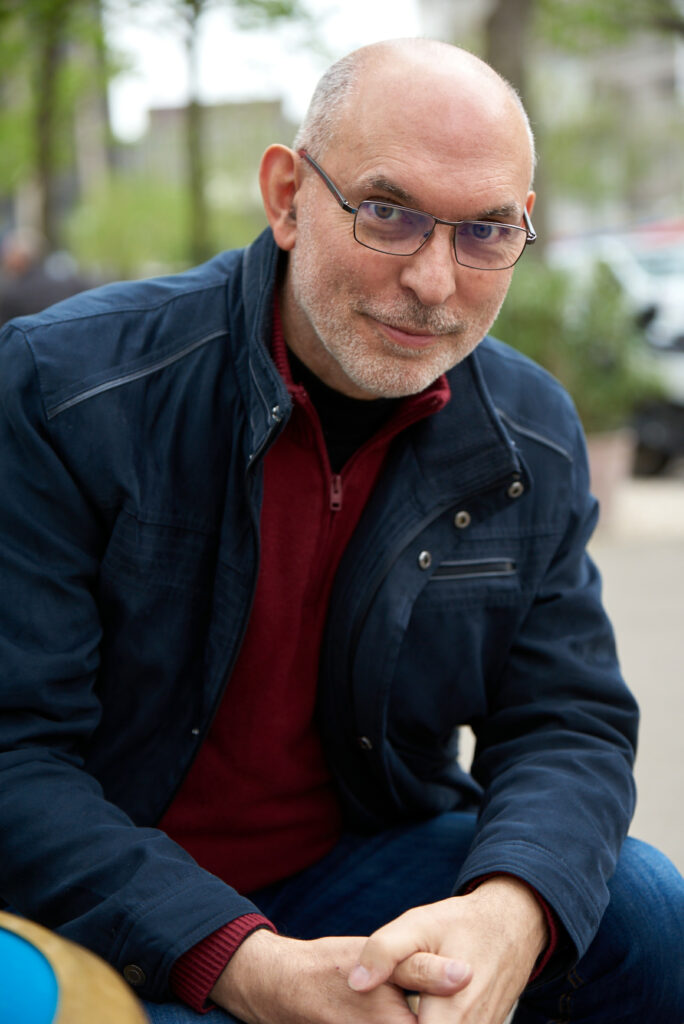
Olivier EZRATTY
Freelance quantum engineer, mostly known for “Understanding Quantum Technologies”
Biography :
Olivier Ezratty is a freelance quantum engineer, mostly known for “Understanding Quantum Technologies”, his comprehensive open-source book on quantum technologies (September 2025, 8th edition). He is a teacher and lecturer on quantum and classical technologies at EPITA, CentraleSupelec, Ecole Normale Supérieure Paris-Saclay, and other Universities. He works for a diverse set of government institutions and industry organizations, as a referent expert for Bpifrance, Agence Nationale de Recherche (France) and the European Commission. He is also one of the cofounders of the Quantum Energy Initiative. He has an Msc in Computer Science from CentraleSupelec.
The interplay between Quantum Engineering and Quantum Science
Quantum engineering is a relatively new discipline that takes shape as quantum technologies are maturing and turning into commercial products. But what is it exactly? How are science and engineering intermingled in this innovation process? Is the science done, and we are just left with engineering and technology development? What is the engineering scope required for the development of complex quantum systems, particularly fault-tolerant quantum computers? How quantum engineering connects the dots between the software and hardware stacks? Is the environmental footprint of these emerging technologies integrated in vendors engineering goals? Are there quantum engineers? How are they and will they be trained?
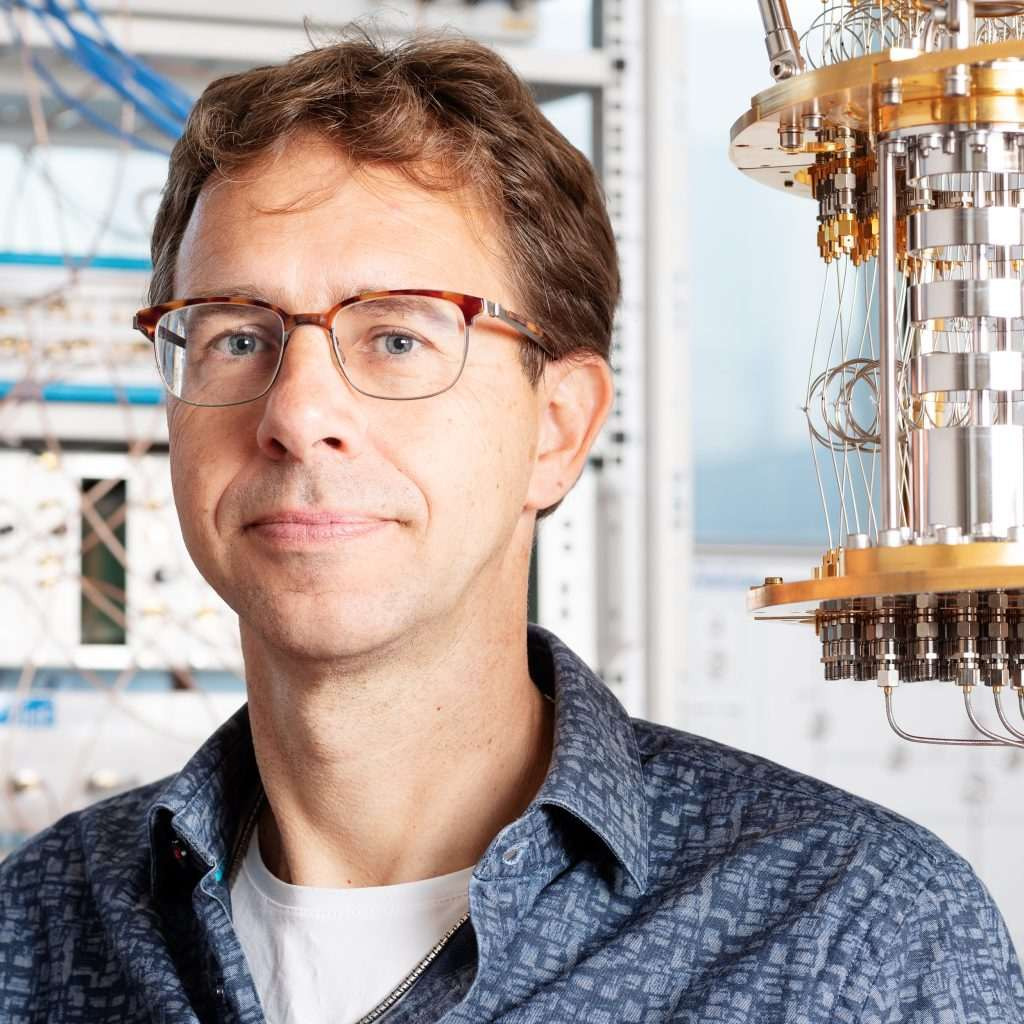
Richard VERSLUIS
Quantum Enabling Technologies Engineering, TNO / TU Delft, Netherlands
Biography :
Richard Versluis (Rotterdam, 1971) is principal systems engineer at TNO and Quantum and Computer Engineering (QCE) fellow at the Delft University of Technology. From 2022 to 2024 he was coordinator of the Catalyst Programme 1 of the National Growth Fund Quantum Technology with the mission to build scalable prototypes of a quantum computer.
Richard is system architect of Quantum Inspire, Europe’s first public online quantum computing platform. Quantum Inspire includes two superconducting qubit processor, with 5 and 7 qubits, provides the world’s first public access to a spin qubit based processor named Spin-2+ and recently was upgraded with a an emulator of a neutral atom quantum processor, as a stepping stone to adding a Rydberg Atom QPU later.
Recently, Richard was appointed as Quantum and Computer Engineering Fellow at the University of Delft, to establish a strategic connection between the academic world and external partners. As a QCE Fellow, Richard will focus on advancing systems engineering approaches for quantum computers, pioneering the integration of different layers both from a blueprint/theoretical perspective and by building small-scale prototypes. The quantum computer architecture includes language specifications, compiler specifications, control hardware and software and quantum hardware to perform hybrid classical and quantum calculations.
Quantum enabling technologies from science to engineering
In this talk Richard will share an overview of the most critical engineering challenges in Quantum Computing that we will face in the upcoming years. He will delve into the transition from academic research to practical engineering, emphasising the complexities and hurdles that need to be overcome. Aspects like scalability, reliability and modularity will be quantified and related to practical design choices and design requirements for future quantum computers and their constituent components.
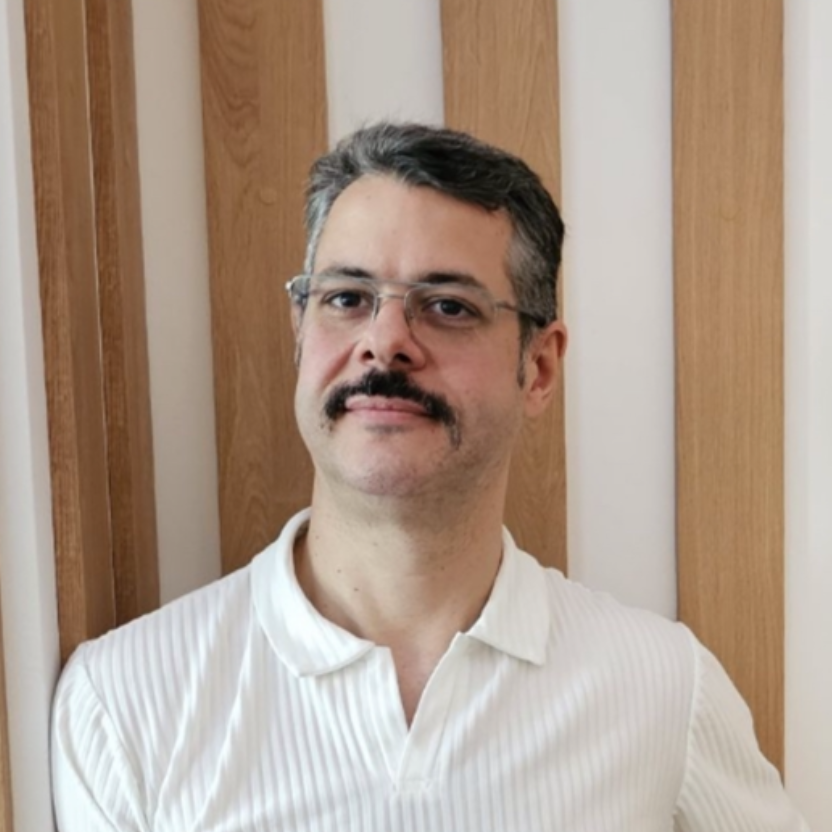
Dr. Djeylan AKTAS
Experimental Quantum Communications , institute of physics SAS, Bratislava
Biography :
Dr Djeylan Aktas is head of the department of experimental photonics quantum communication and sensing at institute of physics SAS in Bratislava. He received his diploma in fundamental physics and PhD in quantum photonics from the University of Nice Sophia Antipolis.
He has a wide knowledge in designing complex photonics experiments for applications in quantum communication and sensing gained as a postdoc at the INPHYNI and when he was a senior research associate in the QComms team at QETLabs in Bristol where he led the work on the development of integrated photonics devices for quantum networks.
After his involvement in the first phase of the UK National Quantum Technologies Programme funded by the Engineering and Physical Sciences Research Council, he later became co-investigator and also participated in the international collaborative research program on quantum technologies funded by Innovate UK and the National Sciences and Engineering Research Council of Canada. He was awarded a SASPRO2 fellowship in 2022 and later became an associate professor at the Research Center for Quantum Information (RCQI). He is currently the national coordinator for the Digital EuroQCI deployment of QKD infrastructure in Slovakia.
Experimental Quantum Photonics: From testing foundations of quantum mechanics to building practical quantum networks.
In this talk we will explore a few seminal experiments in which quantum photonics made possible to interrogate nature itself by studying the very foundations of quantum theory. From there, we will see how the technological progresses allowed for scientists to “surf the wave” of the second quantum revolution to actually create practical quantum technologies that can be useful for society by bringing some quantum advantages like enhanced security for modern communication networks, or better sensing capabilities in various domains of applications.

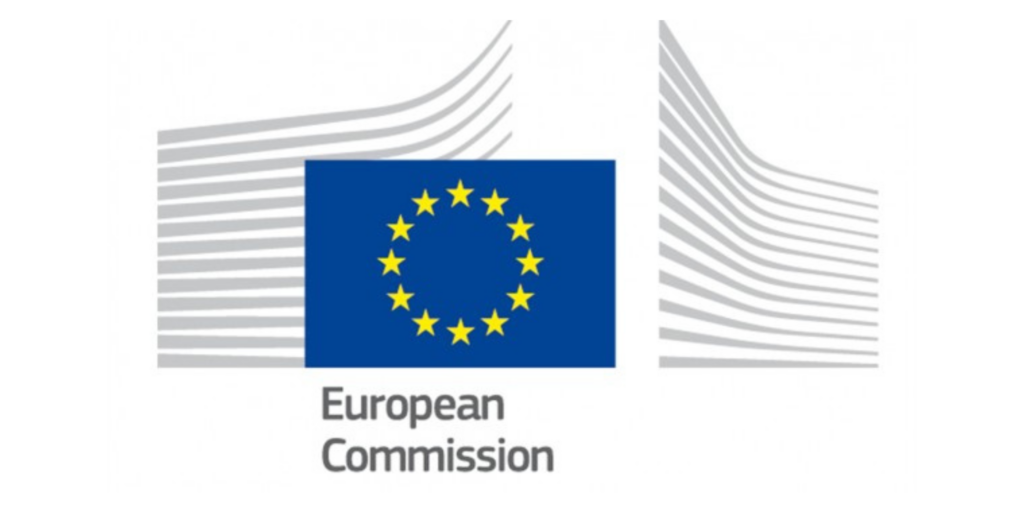
Prof. Oscar DIEZ
European Commission Representative, DG CNECT
Biography :
Oscar Diez is the Head of Sector for Quantum Technologies at the European Commission, where he leads strategic initiatives to position Europe as a global leader in the quantum domain. With a robust background in both academia and public sector innovation, he previously served as Head of the Datacentre at the European Medicines Agency in London. Dr. Diez holds a PhD in Computer Science from Universidad Politécnica de Madrid and a Master’s in Open eGovernment from Stockholm University. He also shares his expertise as an adjunct professor at IE University in Madrid. His work focuses on fostering scientific excellence, supporting industrial innovation, and advancing Europe’s competitive edge in quantum technologies.
The European Commission’s Vision for Quantum Engineering: Challenges and Opportunities in EU-Funded Projects
In this keynote, Oscar Diez will present the European Commission’s strategy for quantum technologies and its role in building a globally competitive and resilient European quantum ecosystem. The talk will highlight how EU programmes, including Horizon Europe, the Quantum Flagship, the Chips JU and the EuroHPC Joint Undertaking, support the full quantum value chain, from foundational research and engineering to infrastructure, skills and industrial deployment. It will also address current challenges, such as scaling up quantum platforms, strengthening supply chains and fostering innovation across Member States, and will outline upcoming opportunities for industry and research communities to engage with EU initiatives in quantum technologies.
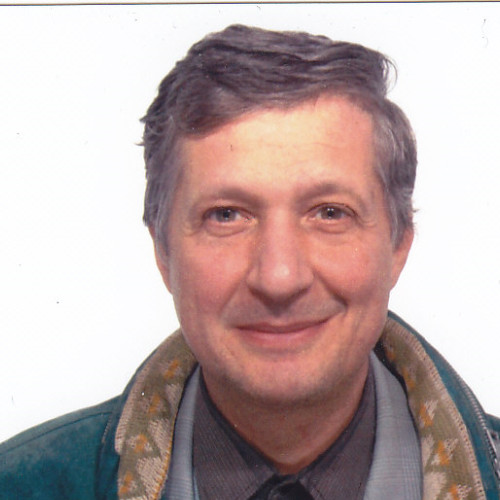
Prof. Marco GENOVESE
Director of the Quantum Optics research sector of INRIM, Italy
Biography :
Marco Genovese works as Director of Research in IRIM, where he has contributed to founding and has been leading (for almost 25 years) the Quantum Optics Sector. He is a member of the Academy of Science of Turin.
He graduated from Turin University in 1990 and completed his PhD in 1994. His main works concern the development of quantum technologies in quantum optics, in particular having given significant contributions to the birth of experimental quantum metrology-imaging & sensing. In this field among his most significant contributions: NV centers in diamond-ODMR measurements in neurons, sub shot noise imaging, quantum illumination, quantum-enhanced correlation interferometry, characterisation of detectors POVM, sequential weak and protective measurements, quantum reading, innovative QKD schemes, …
Quantum sensors
Quantum state coherence and entanglement are very sensitive to interaction with the environment. On the one hand, this represents a problem for developing quantum technologies such as quantum computation or quantum computation, but, on the other hand, it allows for a very high sensitivity to various parameters, leading to the possibility of developing quantum sensors largely surpassing traditional classical sensors. In this talk, I will present this exciting new field, discussing the potentialities of some of the most interesting techniques.
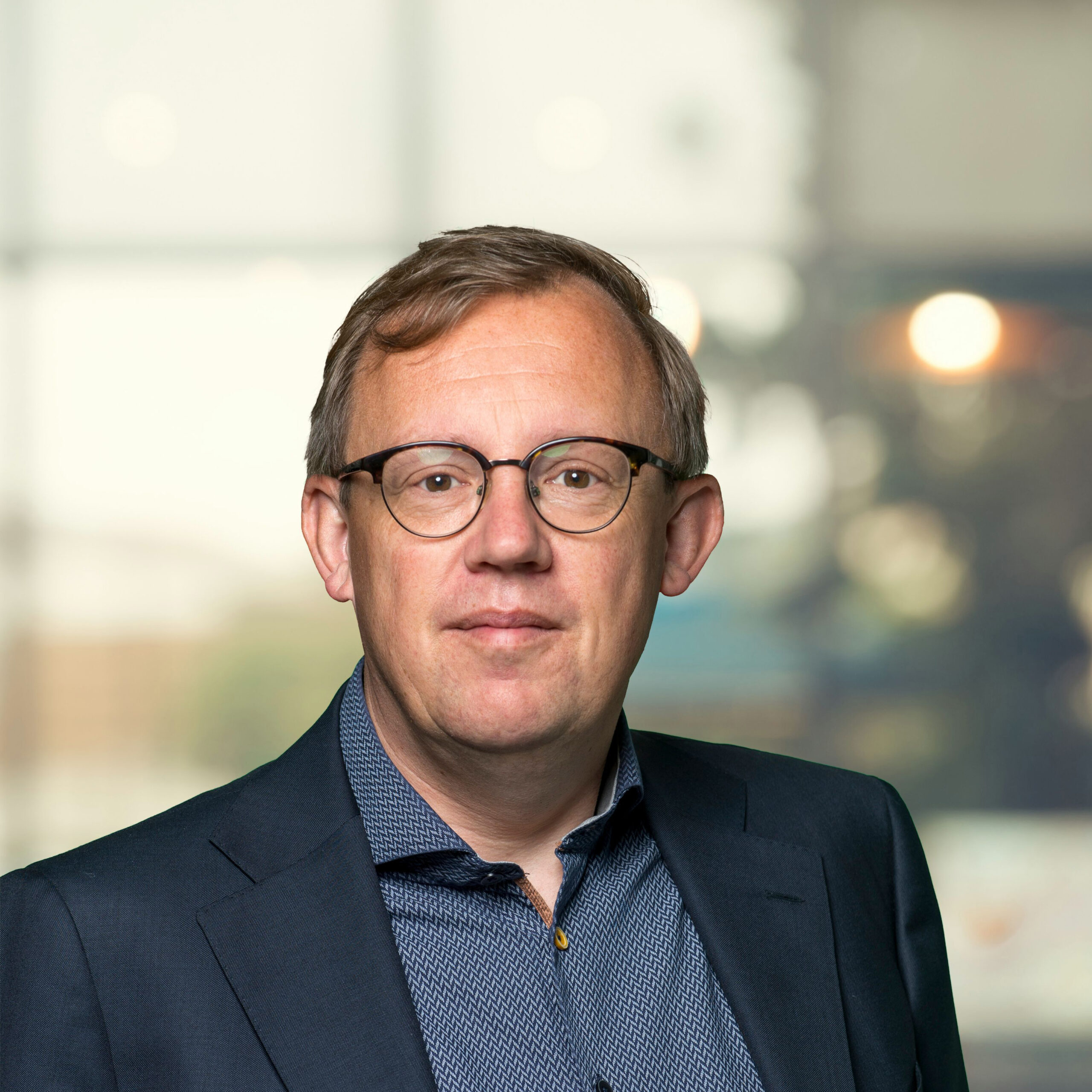
Prof. Frank PHILLIPSON
Quantum Computing Applications, TNO, Netherlands
Biography :
FRANK PHILLIPSON graduated in Econometrics and Operations Research at VU University Amsterdam and in Mathematics at the Delft University of Technology and got his PhD in Business Analytics from VU University Amsterdam. Currently he is affiliated with TNO, the Netherlands Organisation for Applied Scientific Research. Frank is currently working as senior scientist in the department ‘Applied Cryptography & Quantum Algorithms’, where he is responsible for the research into applications on quantum computing devices. Next to this, he is part-time full professor in Computational Operations Research, at Maastricht University, researching the use of quantum computers and other accelerating hardware for solving hard optimisation problems.
Fair Benchmarking of Quantum Optimisation Applications
Quantum computing is advancing rapidly, and optimisation is one of its most promising application areas. But measuring progress is not as simple as comparing runtimes or claiming “quantum advantage.” In this keynote, I will explore why traditional benchmarking approaches—developed for CPUs and GPUs—fall short when applied to quantum and hybrid systems, and how misleading comparisons risk slowing genuine progress. Building on lessons from classical supercomputing, I will introduce principles for fair benchmarking that emphasise transparency, end-to-end workflows, solution quality, and reproducibility. I will also highlight recent initiatives, from Q-Score to TAQOS, and show how energy use and application-driven metrics are shaping the next generation of evaluation standards. The goal is to provide the community with a practical framework for assessing quantum optimisation responsibly—one that enables researchers, industry, and policymakers to interpret results with confidence and set realistic expectations for the future.
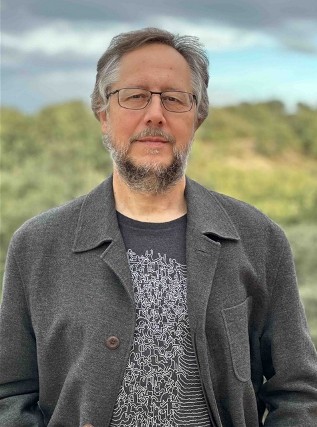
Prof. Vicente Martin
Quantum Engineering, CSS / Univ. Politécnica de Madrid, Spain
Biography :
Vicente Martin is a Full Professor at the Technical University of Madrid. His main research interest is the integration of quantum communications into telecommunications and security ecosystems. He is also actively involved in the standardization of quantum technologies; was a founding member of the European Telecommunications Standards Institute’s Quantum Industry Specification Group in 2008, and currently serves as Convener of the Working Group on Quantum Communications and Cryptography at the Joint Technical Committee 22 of CEN (Centre Européen de Normalisation). He has been Principal Investigator in more than 30 projects—most of them international—related to quantum technologies, including the coordination of complementary actions on quantum communications within the Spanish national program. He has also served as an expert and national representative in various NATO and OECD quantum forums. At present, he participates in several projects of the Quantum Flagship and EuroQCI programs, and coordinates the Madrid Quantum Network.